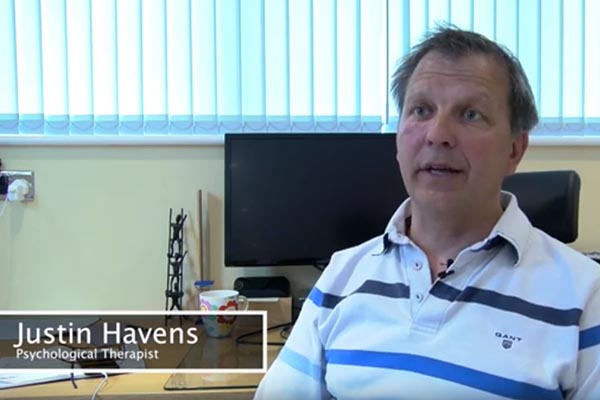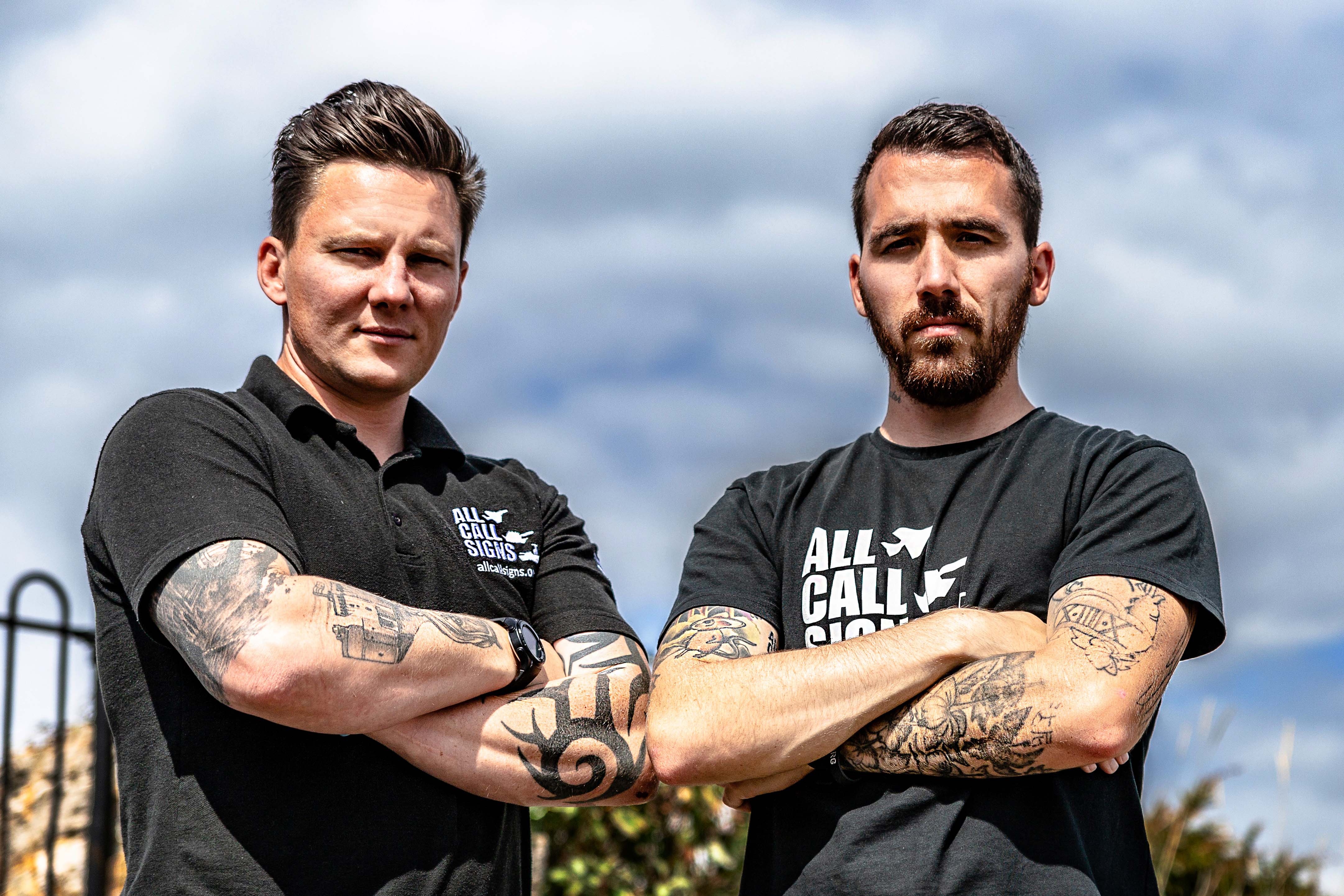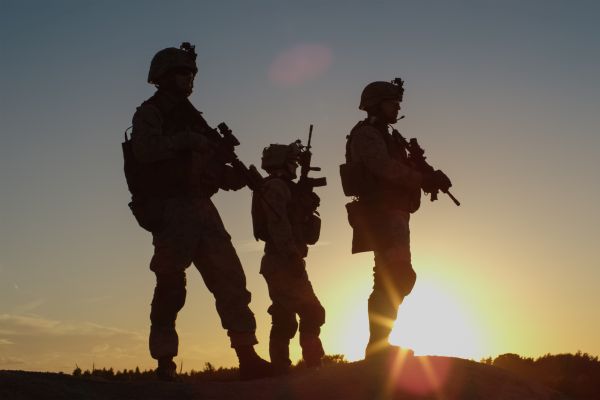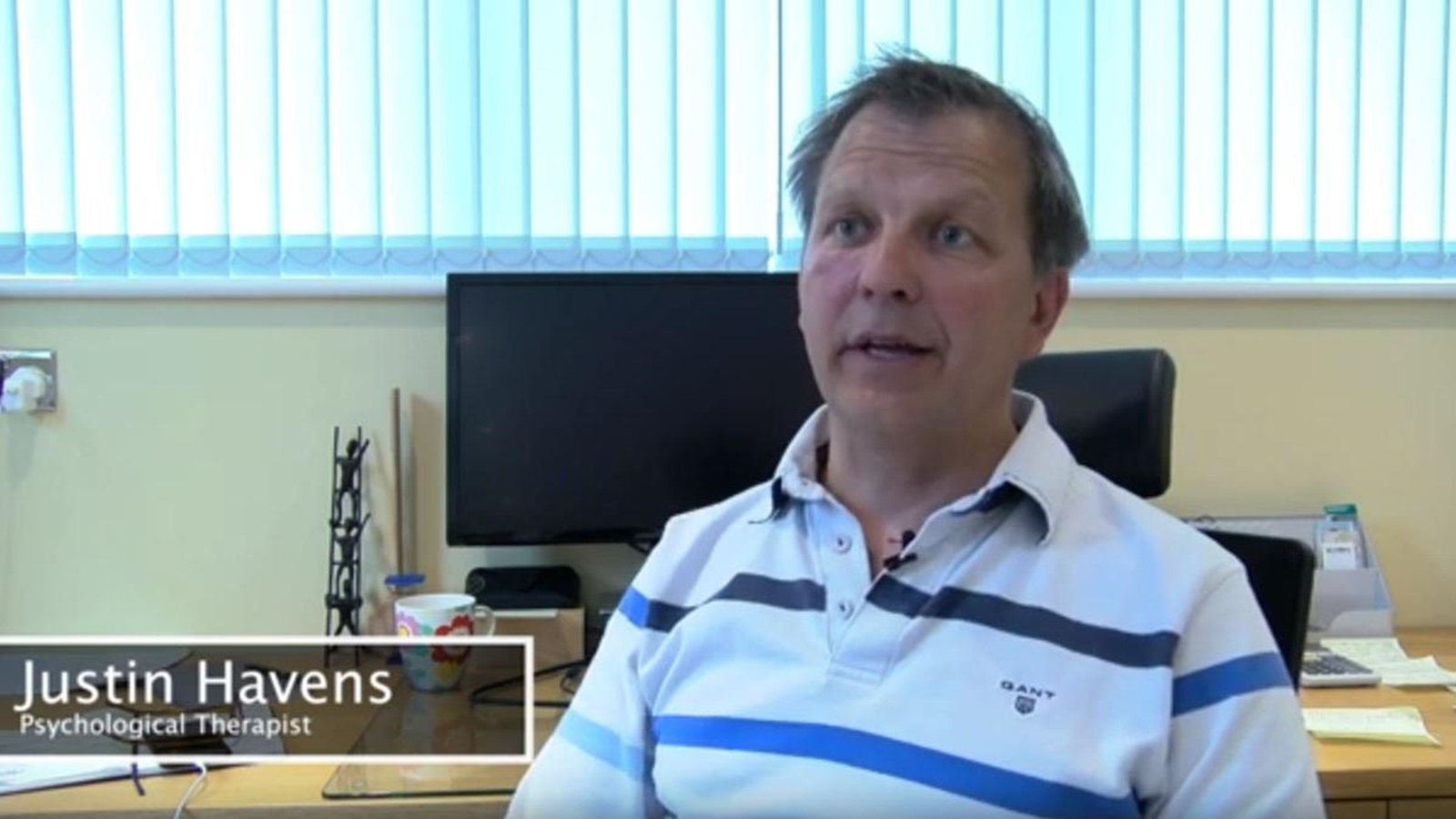A psychological therapist and military veteran has shared his insight into how Post Traumatic Stress Disorder (PTSD) affects former armed forces personnel in a documentary.
BACP member Justin Havens was interviewed by film-maker Dan Wareing for the short documentary about support for veterans who have PTSD.
Dan filmed campaigners, veterans and experts for his online documentary titled No Help for Our Heroes? - An Insight into Veteran PTSD.
Justin, who served with the Royal Electrical and Mechanical Engineers, is a Cheltenham-based BACP-accredited therapist who specialises in trauma.
He told the documentary: "I’ve come across veterans who will be digging trenches in their garden to take cover in.
"It’s a common question for people with PTSD: does it feel like it happened yesterday, the traumatic event?
"One guy said to me ‘no, it feels like it’s happening right now’.
"That’s the insidious nature of this. Something that might have happened 30 years ago, in their head is happening right now with the same intensity."
Recovery
Justin also explained that people can recover from PTSD.
He told the documentary: "PTSD is the arrested recovery, the delayed recovery, from traumatic events which are generally extremely frightening or distressing things that happen to us.
He added: "We all have the capacity to recover from these events, but on average about 20% or so of people will have a delayed recovery and of those a certain number, about 5% will go and develop what’s called PTSD.”

BACP member Justin Havens
The documentary questioned whether there is enough support available for ex-servicemen with PTSD.
It told how the NHS last year withdrew £3.2 million funding from Combat Stress – 20% of the charity’s budget.
Combat Stress
Combat Stress runs residential services for veterans with complex mental health problems and who need intensive support.
NHS England announced it was to set up a difference service for veterans.
In the full interview, Justin also discussed how therapy can help, including Eye Movement Desensitisation and Reprocessing – known as EMDR.
He said: "Historically, treatment for PTSD and trauma would involve someone reliving and retelling the experience multiple times and, of course, that is quite hard going on the person.
"Some of the new treatments, including the EMDR, they’re still hard to endure, but they can get there quicker.
"All good trauma therapists should be able to apply ‘brakes and accelerators’ and that’s about keeping the person within what we call the ‘window of tolerance’ so that they don’t get overwhelmed by their experience.
"Good therapists can apply ‘brakes and accelerators’ and use the most effective techniques.”
He said that sometimes it was not appropriate for the person to recount all the details about the trauma that they had experienced.
And he added: “Going back to the question about what does the Government need to do, you need to have well-trained and well-qualified therapists who can work with military veterans – and to an extent, that’s what they’ve got. They’ve got regional services and they’re not bad. I know the people that work there. They’re good therapists.”
Justin spoke at the European Traumatic Stress Conference in Rotterdam in June 2019 about his research in developing new techniques to stop PTSD traumatic nightmares.
Watch the full interview with Justin Havens.
To find a local BACP counsellor or psychotherapist who can help with trauma, visit our Therapist directory.

Support network All Call Signs helping prevent armed forces suicides
Our members are helping service personnel deal with army-related mental health issues

BBC Two shell shock documentary a ‘dereliction of duty’
Effective treatments and services for traumatised veterans are available.

Trauma and PTSD
What is trauma and what is PTSD? How do you cope with them? BACP member Dr Justin Havens offers advice and explains how counselling can help.
